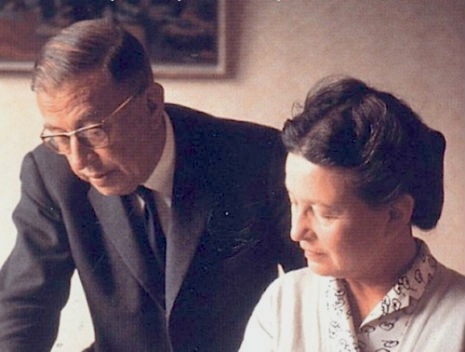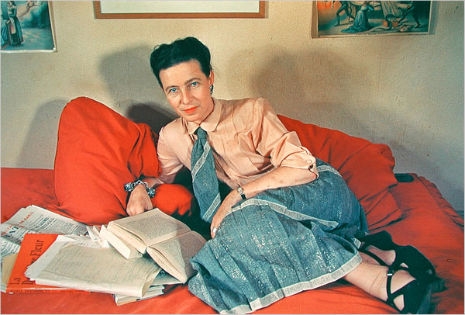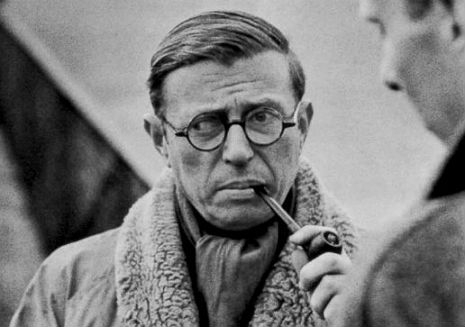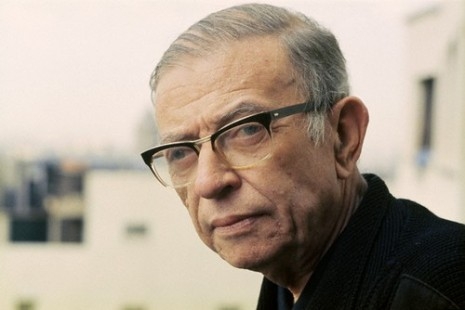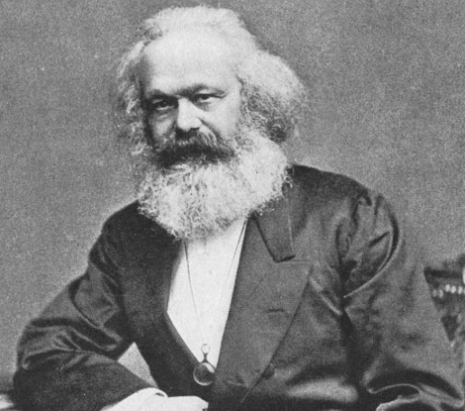
For those with an interest in big ideas, these trading cards from Theory.org should fire up your neurotransmitters.
Between 2000-2001, a set of twelve trading cards was released monthly via David Gauntlett’s website Theory.org. This original set of cards featured theorists (and their concepts) from the world of social and cultural theory, gender and identity, and media studies. The first out of the pack was British social theorist Anthony Giddens who devised the theory of structuration and wrote the book on The Third Way. This was followed by theorist Judith Butler whose book Gender Trouble argued that “biological” sexes were just as much as a social construct as gender. Then came the great controversial French thinker Michel Foucault with his ideas about sexuality, gender and power structures. The deck included some interesting choices like artists Tracey Emin, Gilbert & George and concepts like Postmodernity and Psychoanalysis.
This official set of twelve trading cards was thought by some to lack a few key players and its release inspired various academics, students and alike to produce their own cards. These additions included Karl Marx, Carl Jung, Simone de Beauvoir, Edward Said, Germaine Greer, Walter Benjamin and Marcel Duchamp.
Described as “Creative knowledge you can put your pocket™” these cards can be used to play a game of trumps—in which players can match strengths, weaknesses and special skills. For example, Foucault’s special skill of happily rejecting old models and creating new ones, might not quite beat Duchamp’s ability to confuse the hell out of everyone.
The full set is below—but if you want to own a set of these super brainy trading cards (and who wouldn’t?) then deal yourself in by clicking here.

#1 Anthony Giddens—British social theorist.
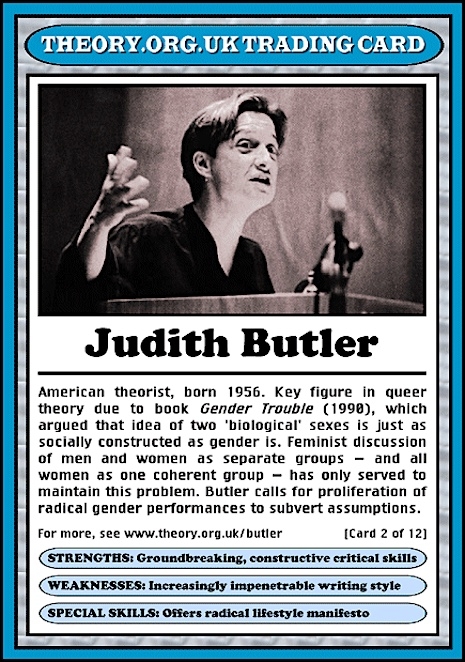
#2 Judith Butler—American philosopher and gender theorist.
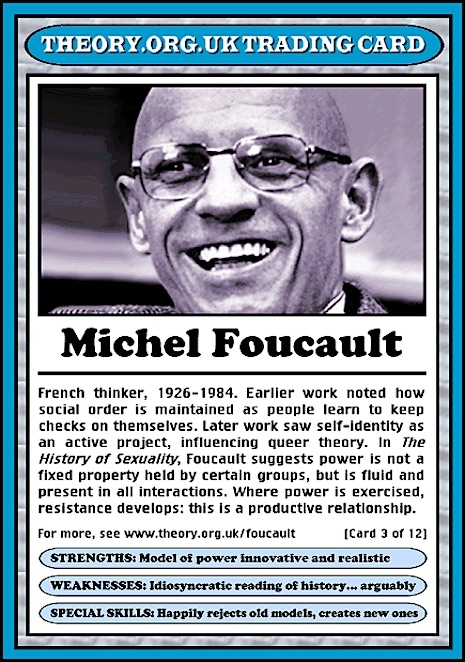
#3 Michel Foucault—French philosopher, theorist, philologist and literary critic.
More thinkers and some big ideas, after the jump…






